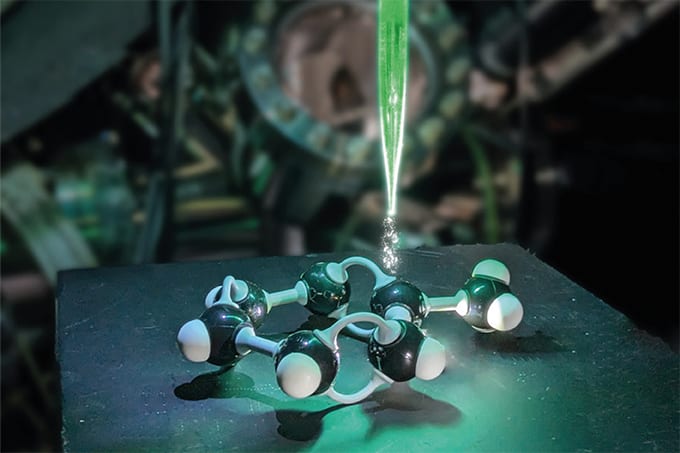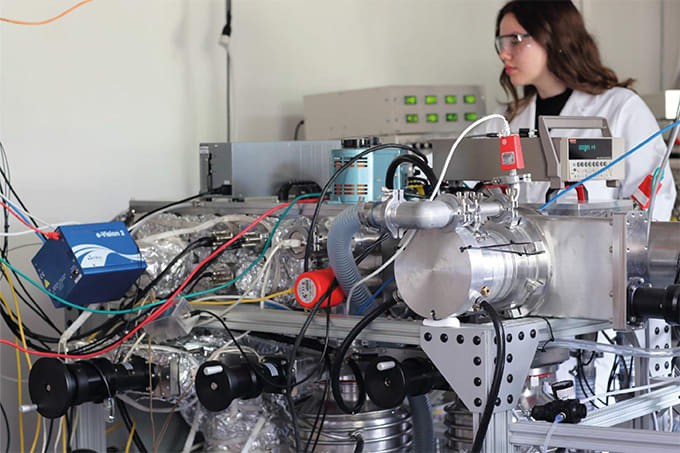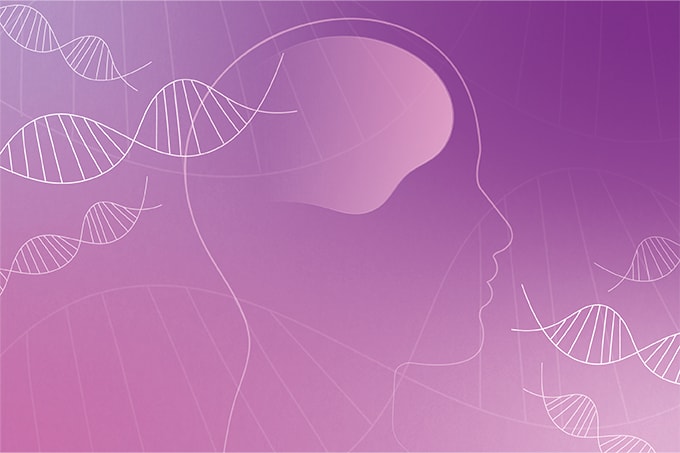Let’s begin with the obvious: analytical chemistry is a diverse and rapidly expanding field. Every day, the identifications and measurements we make directly affect the safety of living things. Therefore, we – by which I mean analytical scientists – have a fundamental obligation to fully sharpen our analytical skills to better serve society. But that sounds daunting and difficult, doesn't it? How could I help fulfill this basic need more easily? It was with such a question that I decided to create the LinkedIn group “Analytical Chemistry – Method Development” (AD-MD) at the end of 2009 (see “Scanning the LinkedIn Landscape”).
All I needed was an Internet connection, a computer, some time and the motivation. LinkedIn (www.linkedin.com) is the world’s largest professional network. It has 225 million members, who can choose to join various online forums (groups) that match their interests. I positioned the AC-MD as a global platform for sharing and learning. In particular, it has a focus on analysis with advanced instruments – an area that can prove challenging when one is faced with the need to learn a new technique or when a sample is not playing by the rules. Sharing problems and trouble-shooting isn’t always easy – it can be embarrassing and might show a chink in a person’s own knowledge. But I believe that we are all slightly more comfortable doing it knowing that we will receive attention from an experienced and diverse group of application specialists who we will most likely never meet in person. I think that the group also enables members to develop analysis skills beyond what they may – or can – learn in the classroom or work place. It’s collaborative education. And it’s free.
Online groups also leverage the two greatest assets of the Internet – speed and reach. Platforms like mine allow users to receive expert advice very quickly, often with international and/or multiple viewpoints. It also gives people the chance to correspond on breaking news that may affect their work in an informal but professional setting – something I hadn’t considered at the beginning. In some parts of the world, professional advice may only be down the hall or at the next coffee break. But in less developed countries, access to expertise is not always so easy to come by. By creating a truly global and open network of analytical scientists, the playing field is leveled and everyone online has the ability to ask questions. Since the beginning of 2010, AC-MD has attracted 40-60 new members per week – including application scientists, research scholars, consultants, quality control analysts – and generates, on average, four queries each week, with each receiving around five responses. It is a considerable success, in my book.
There are few ground rules, but we request that members only share:
- Analytical skills for method development and recent advances
- Data interpretation and data analysis skills and challenges
- Knowledge gathered from past experiences
- Thoughts on new analytical techniques
- Literature and useful links related to analytical chemistry
- Education links related to analytical chemistry
- Workshop and webinar information
My plan is to augment the group by creating subgroups for discussion of specific techniques – especially in areas where further expertise is required – for example, biosimilar analysis, hyphenated mass spectrometry, ion chromatography and capillary electrophoresis. This will only come to pass with the continued engagement and positive support from the community. I am very thankful to the members of AC-MD and hope that they have been able to take as much from the group as they have given.




